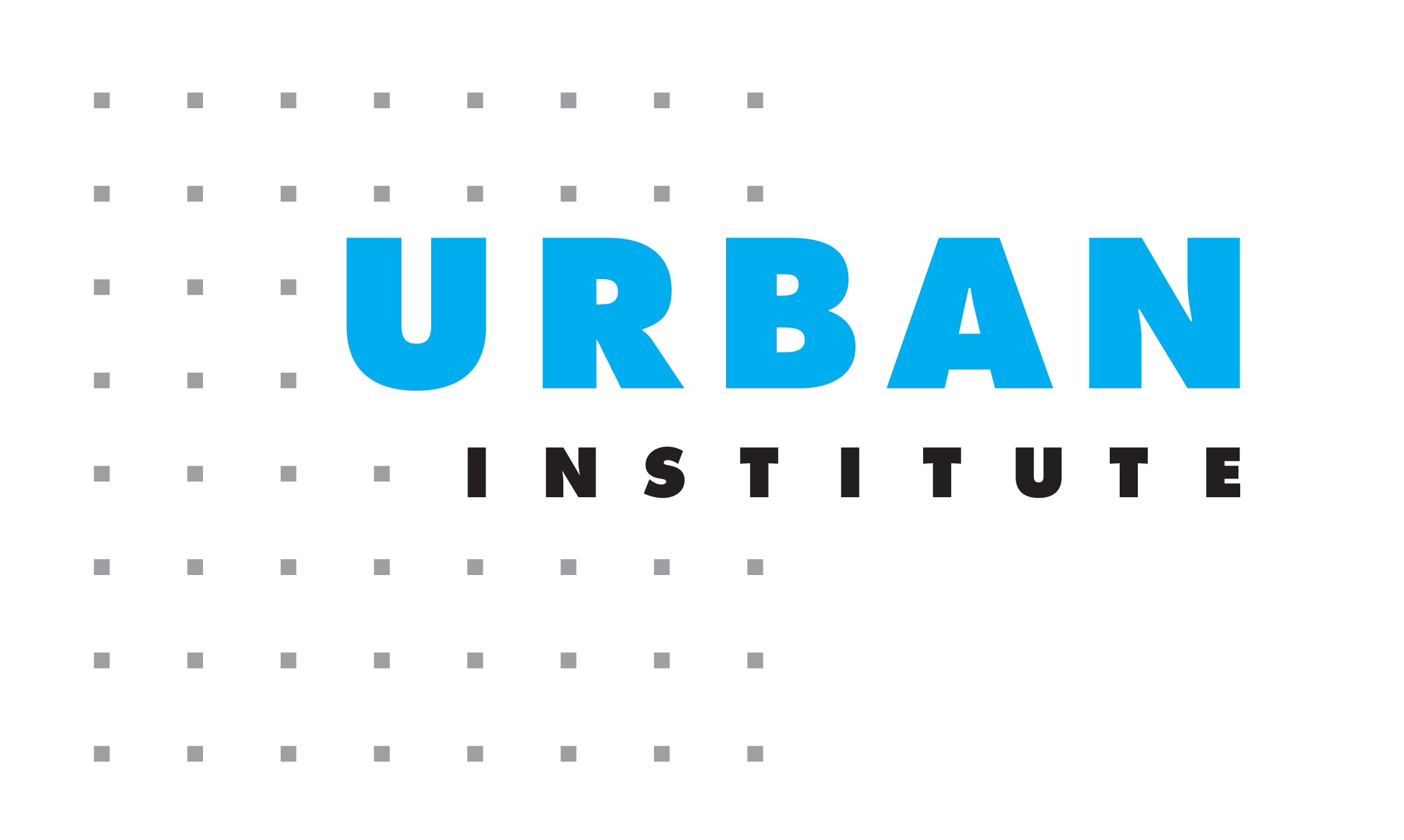How do children, adolescents, and young adults get on track to have successful lives and how can policies help them get there? The Social Genome Project asks these questions using a tool called the Social Genome Model: a data-rich model stretching from birth to middle age that allows analysts to examine how circumstances and actions at developmentally significant life stages reverberate through a person’s life. The model is ideal for asking “what if” questions about factors that promote or impede future success.
What if we expanded programs raising children's reading scores or improved infant health? The model can trace the impact of interventions like these on outcomes like school performance, school completion, and future income. Such “virtual policy experiments” provide estimates of how the costs of policy interventions might trade off the eventual benefits.


